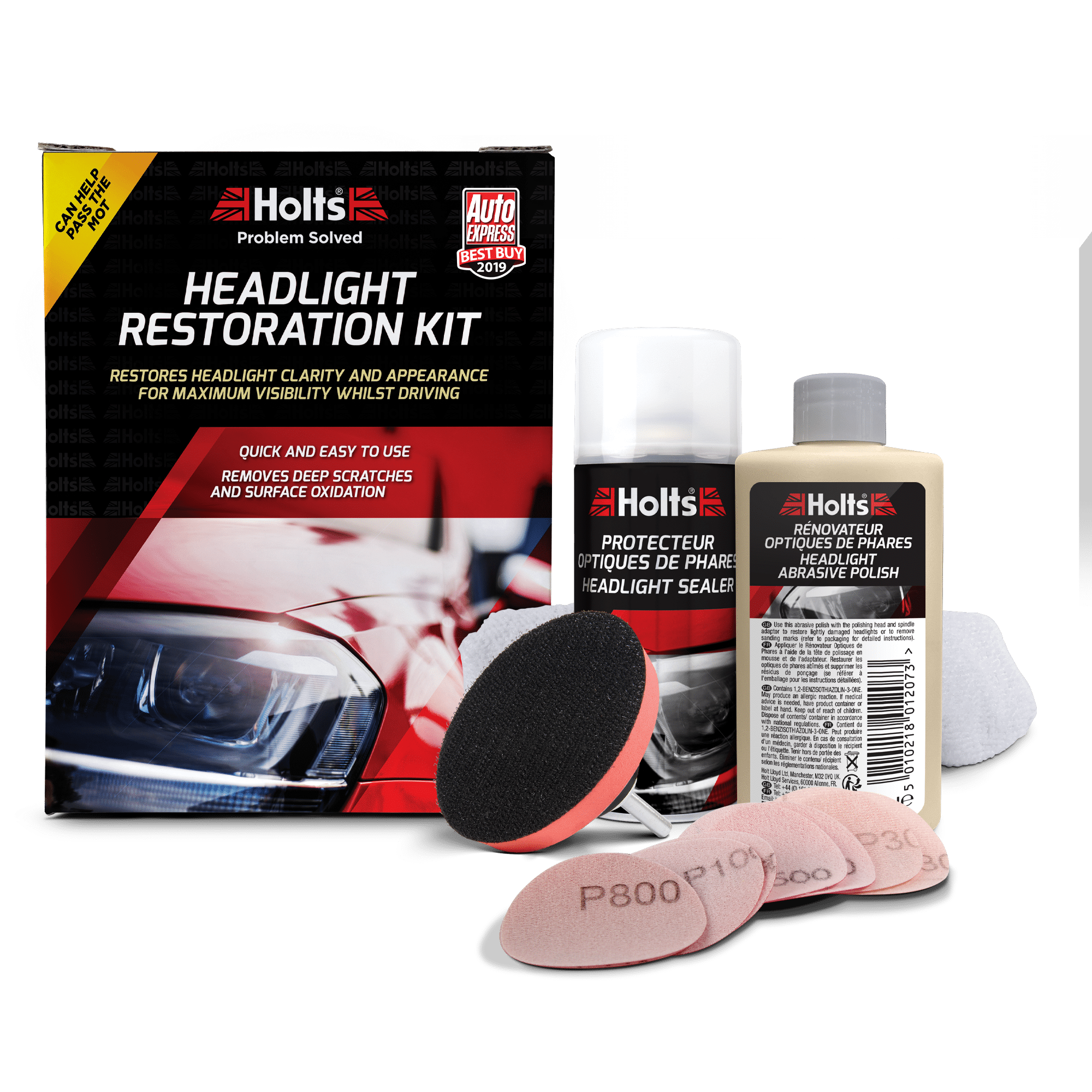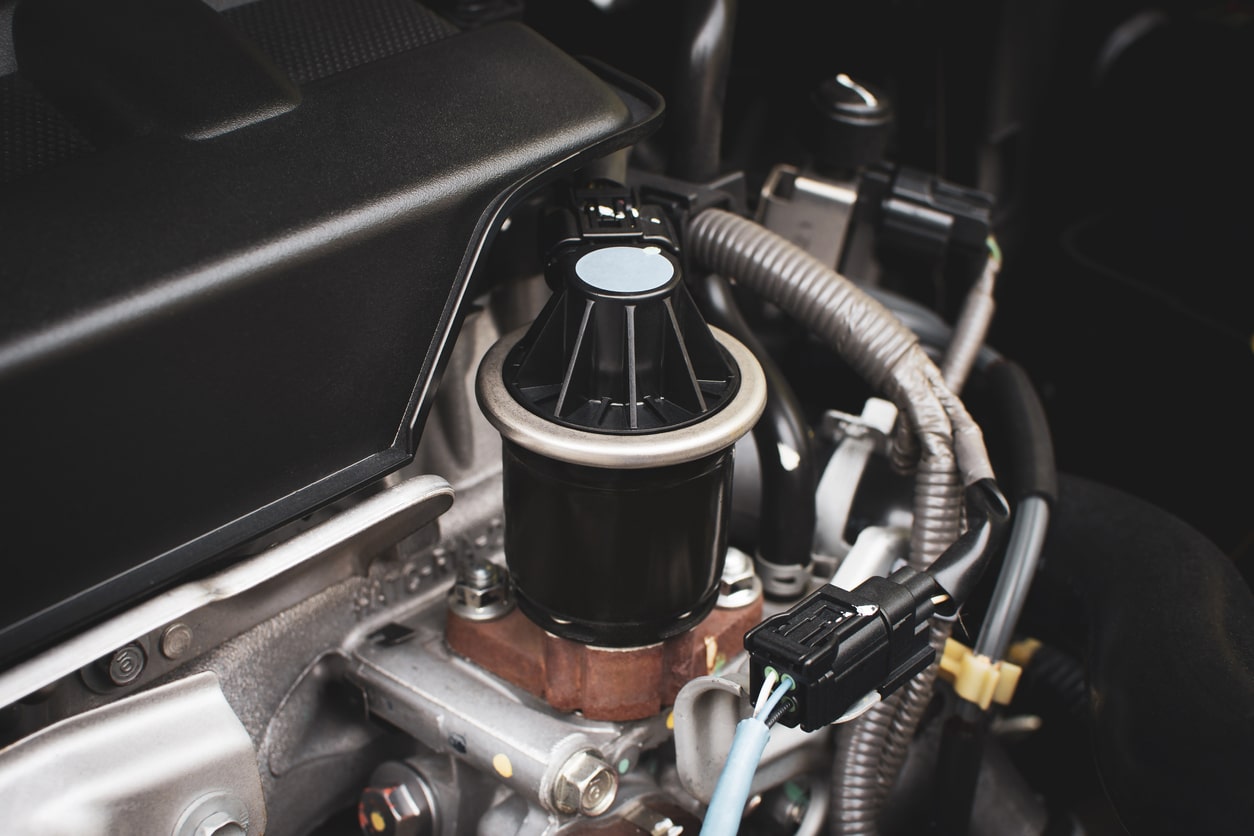Searching for cheap, easy ways to repair and maintain your car? You’re not alone.
Since the start of the cost-of-living crisis, there’s been an upswing in people looking for ways to carry out their own fixes – with DIY car repairs being one of the most popular means of saving money.
Running a car is expensive, so anything you can do to cut maintenance costs can help your monthly budget. Sure, you can’t always avoid a trip to the garage, but there are lots of basic repairs that can prolong your car’s life and make sure it’s as cheap to run as possible.
Ready to get beneath the bonnet? Here are some need-to-know tips on looking after your car on a budget.
Cut Down on Quick Trips
Do you mostly use your car for regular, quick trips around town? You could be harming its battery life. Car batteries are at their best when used for longer periods, when you drive far enough to restore a full charge between journeys.
So rather than popping here and there throughout the day, try to make single journeys and get those errands done in one go. Not only will this help prolong car battery life, but it will also reduce unnecessary wear on the engine.
Look After Your Air Conditioning
Air conditioning is found in most cars these days, but few drivers know how to maintain it properly. If you want to avoid expensive annual a/c maintenance, follow these tips:
- Run your air conditioning at least once a week, even in the winter. This helps to keep the gas and compressor in peak condition. It’s best to run it on cold for around 10 minutes.
- Keep the vents and ducts clean to maximise performance and reduce the build-up of bacteria. Vacuuming the air vents will keep the a/c coolant in the best condition so it works better for longer.
- Don’t switch it on when the engine is warming up or when you’re driving around town. Not only will this waste fuel and coolant but it will also reduce the performance of the a/c unit over time. Save air conditioning for longer trips when it makes more sense to have the windows closed and the a/c switched on.

Carry Out DIY Repairs
When something goes wrong with your car, your gut reaction may be to call your local garage. But pause for a moment and think: could I fix this myself?
While some repair jobs need a professional touch, there are dozens you can do yourself. You just need the confidence and patience to have a go, as well as the right tools and products that will guarantee a permanent, professional repair.
At Holts many of our products are designed to be used by professional mechanics as well as DIY enthusiasts. Whether it’s fixing a leaky cooling system or patching up a faulty exhaust, you’d be surprised how easy it is to fix problems yourself – and save big on repair bills in the process.
Remember too, that the internet is a fantastic resource for troubleshooting problems with your car. You can watch YouTube videos, read guides, or post questions in dedicated owner forums, getting the help you need to fix and maintain your car for a fraction of the cost of a professional repair.
To prove just how many car maintenance jobs are suitable for DIY, here are 10 tasks you can easily do yourself:
- Change headlight bulbs
- Replace wiper blades
- Change the air filter
- Check and replace your oil
- Fix small dents and scratches
- Grease and maintain moving parts in the engine
- Flush the cooling system
- Clean your fuel system
- Wax and polish the exterior
- Restore the headlights
Adjust Your Driving Style
How you drive can have a big impact on your car’s health, not to mention the amount of fuel you use. So if you want to prolong its life while minimising trips to the pumps, it could be time to adjust your driving style. Here’s how:
- Always drive at or below the speed limit. They’re not just there for safety; speed limits are designed to reduce emissions, which in turn cuts the amount of fuel you use. Driving just 10 mph under the recommended speed limit on a motorway for example, can have a significant impact on your fuel use.
- Anticipate traffic flow to keep your car rolling. You’ll use more fuel and place more strain on the engine with stop-start driving, so try to keep the wheels turning, shifting through the gears, and reading the road ahead to maintain a smooth, steady momentum.

- Avoid hard acceleration after start-up. Until the engine oil warms up, you can place a huge amount of strain on the engine by overdoing the throttle, which can lead to premature wear and tear as well as increased emissions and fuel waste.
- Go easy on the brakes. Brake problems can be expensive to repair since they normally have to be done by a professional, so look after your current set by avoiding late and heavy braking.
- Watch out for potholes and other road defects. You can easily damage the suspension by driving through dips in the road, so keep a good distance from the car in front so you can anticipate obstacles that are best avoided.
Check Your Car Regularly
Passing the MOT doesn’t mean your car has a clean bill of health. There are always issues to look out for and signs that something could be about to break, so get in the habit of checking your car at least every fortnight to nip minor faults in the bud before they get any worse.
There are lots of things to check on your car and plenty of symptoms that tell you when something’s wrong. Check the fluid levels and tyre pressures every two weeks, and take note of any strange smells or unusual noises that could mean your car has developed a fault.
Stick to Your Car’s Service Schedule
Spending money on servicing may sound counterintuitive to saving money but following your car’s service schedule is the most important thing you can do to prolong its life. So if you plan to keep your current car for a long time, spending money on servicing is well worth the outlay.
Think about it: while a full service may cost you around £150 a year, that’s only £12.50 a month. Setting money aside for periodic servicing is much more cost-efficient than waiting for unexpected repair bills, so get in the habit of putting small sums away for those predictable, day-to-day maintenance bills.
We hope this guide helps you find cost-effective ways to take better care of your car. Remember, if you want to fix and repair a car yourself, Holts’ range of DIY car maintenance products is perfect for achieving professional results. For more information and our full product range, visit the homepage.



